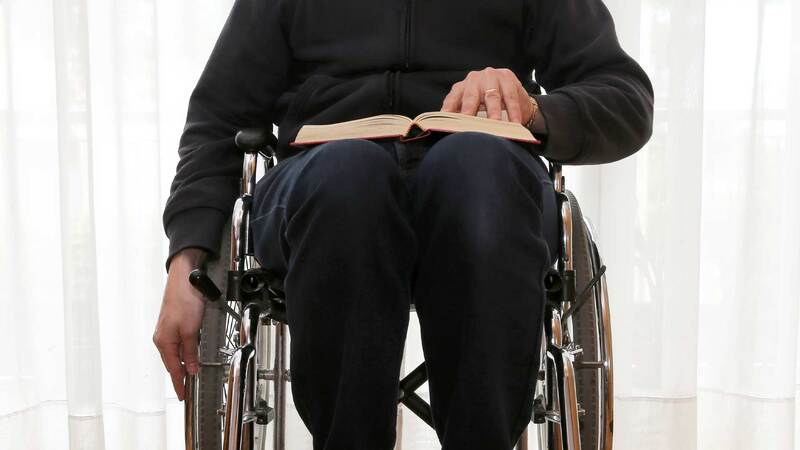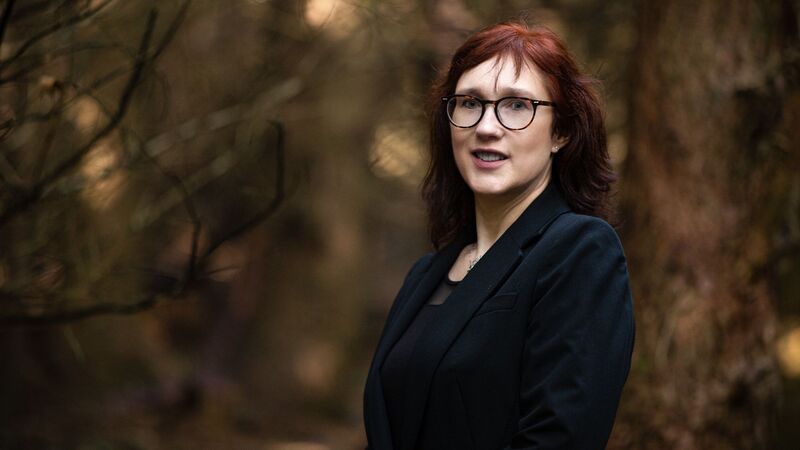You are viewing your 1 free article this month. Login to read more articles.
Virago founder Callil quits Society of Authors over Clanchy response
Virago founder Carmen Callil has cancelled her membership of the Society of Authors (SoA), arguing it should have shown equal support to Kate Clanchy, Philip Pullman and their critics in the debate over Some Kids I Taught and What They Taught Me (Picador).
When Clanchy's book was criticised online for its portrayal of pupils last month, SoA chairman Philip Pullman tweeted in her defence, including claiming those who do not read a book before condemning it would "find a comfortable home in Isis or the Taliban". Pullman, who is SoA president, later apologised for “causing harm" with his comments.
Critics of the book Chimene Suleyman, Monisha Rajesh and Professor Sunny Singh suffered racist abuse on the platform during the row and, in a letter to committee members, chair of the Society of Authors management committee Joanne Harris and its c.e.o. Nicola Solomon acknowledged the “deep hurt” that had been caused.
Stressing they do not get involved in national debates or disputes between authors, they then appeared to distance themselves from Pullman, saying his comments were made as “an individual” rather than in the SoA's name. They added: “However, we do ask authors and the wider creative community to be mindful of privilege and of the impact of what they create, do and say. We work in industries rich in privilege. As an organisation and as a community, we need to find ways to help rebalance that. The way we approach such issues is as follows: we condemn any kind of racist, hate or unprofessional speech.”
But in a letter to Solomon and Harris, seen by The Bookseller, Callil said she was “shocked” by the organisation's response. “I find it very hard to continue to belong to a writers' trade union which treats its members and its chairman as the SoA has done,” she writes.
Her letter, explaining why she wants to leave the SoA, states: “I hope it would be clear to you that I accept the mistakes made by Kate Clanchy and Philip Pullman, and the hurt that ill-chosen words—which usually go unquestioned—cause the persons so hurt by them, and who have been more than hurt by them throughout the centuries. Philip Pullman and Kate Clanchy’s critics need equal support from the Society of Authors, but none of those involved can cure the evils of Empire overnight.
“Taking that for granted, why has the Society of Authors, the writers’ trade union, not made a public statement supporting BOTH sides of this grossly unpleasant Twitter tornado? How could the good, not to say great work of both Kate Clanchy and Philip Pullman, not be taken into account as well as the mistakes they—and their critics—have made?”
Callil, who founded Virago Press in 1973 and is also an author herself, goes on to claim both writers had been required by their publishers to “apologise in the most humiliating ways” and this should be “condemned” by the SoA.
The letter concludes: “Further, it seems to me that the time has come to devise a code of conduct which agents and publishers should include in all contractual dealings with authors, so that all writers are protected from the menacing abuse that has marked the exchanges surrounding Kate Clanchy, Philip Pullman, and their critics—Monisha Rajesh, Sunny Singh, Chimene Suleyman and others—menace that should be entirely unnecessary.
“Surely this should be the concern of the Society of Authors, and not the issuing of statements, entirely out of context, simply ‘distancing’ itself from its chairman who, like all the others involved in this matter, is worth much more than this kind of treatment from its trade union.”
The Bookseller has approached the Society of Authors for a comment.
Callil's letter in full:
Dear Joanne Harris and Nicola Solomon
I am writing in reply to an email I received from the Society of Authors a few weeks ago, asking why I had cancelled my standing order payment as a member of the SoA.
I have taken some weeks to consider why I should wish to resign from the SoA, which has been so much a part of my publishing and writing life.
It was for this reason that I was so shocked by the SoA response to the turmoil currently surrounding the work of Kate Clanchy and the words of your Chairman, Philip Pullman.
I find it very hard to continue to belong to a writers' trade union which treats its members and its Chairman as the SoA has done, in comments I have read in The Bookseller, on Twitter and in the national press.
I am sure I do not need to go into detail about this: I hope it would be clear to you that I accept the mistakes made by Kate Clanchy and Philip Pullman, and the hurt that ill-chosen words - which usually go unquestioned - cause the persons so hurt by them, and who have been more than hurt by them throughout the centuries. Philip Pullman and Kate Clanchy’s critics need equal support from the Society of Authors, but none of those involved can cure the evils of Empire overnight.
Taking that for granted, why has the Society of Authors, the writers’ trade union, not made a public statement supporting BOTH sides of this grossly unpleasant Twitter tornado? How could the good, not to say great work of both Kate Clanchy and Philip Pullman, not be taken into account as well as the mistakes they – and their critics - have made?
How is it that The Society of Authors has not condemned the book publishers who required their writers to apologise in the most humiliating ways?
It is the job of a book publisher and editor to protect all writers, all books, to honour the freedom of speech essential to all writers. A much more nuanced response was required from all the publishers concerned, as it was from each of the writers’ literary agents. Why has the SoA said nothing about this?
Further, it seems to me that the time has come to devise a code of conduct which agents and publishers should include in all contractual dealings with authors, so that all writers are protected from the menacing abuse that has marked the exchanges surrounding of Kate Clanchy, Philip Pullman, and their critics - Monisha Rajesh, Sunny Singh, Chimene Suleyman and others - menace that should be entirely unnecessary.
Surely this should be the concern of the Society of Authors, and not the issuing of statements, entirely out of context, simply ‘distancing’ itself from its Chairman who like all the others involved in this matter is worth much more than this kind of treatment from its Trade Union.
I am hoping to get a positive response from you very soon, which might inspire the Publishers and Agents in this country - and elsewhere, that their first duty, like yours, is to all their writers.
Yours sincerely,
Carmen Callil



















